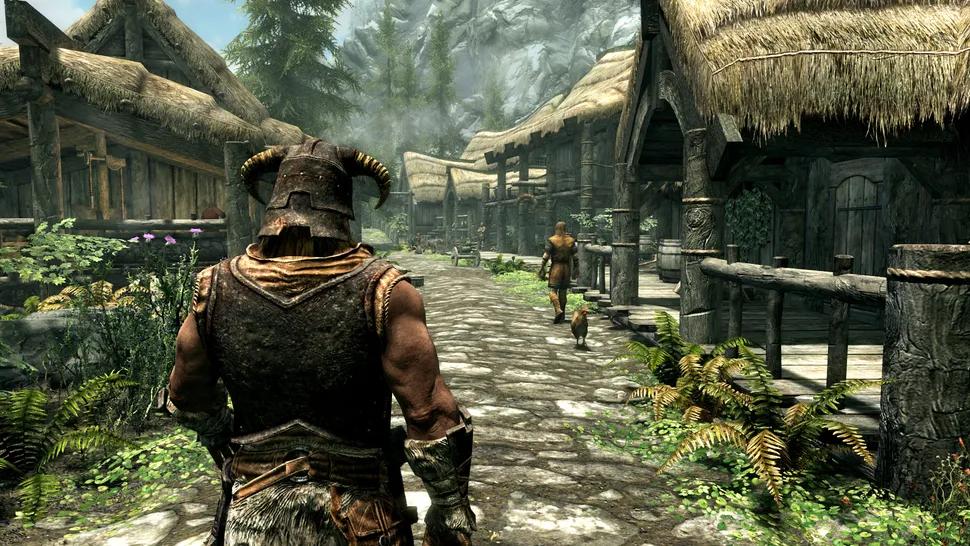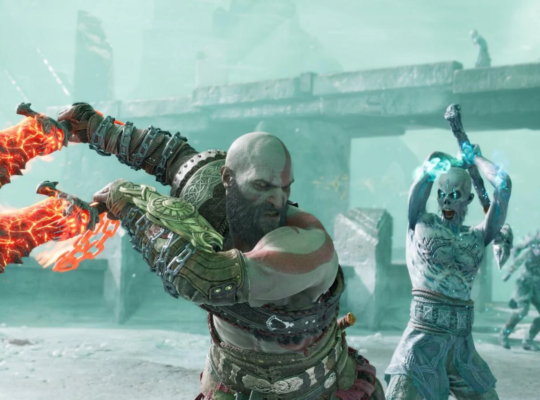Nate Purkeypile, a former Fallout and Elder Scrolls designer, has critiqued modern open-world games, claiming they have become tedious due to their massive scale and development teams. In a recent interview with Rock Paper Shotgun, Purkeypile explained that the ballooning size of game budgets and studios, often comprising thousands of people, leads to games filled with checklists, map markers, and repetitive enemy camps. This, he argues, diminishes the sense of discovery and exploration that made earlier titles like Skyrim so compelling.
Purkeypile, who worked on the iconic Blackreach in Skyrim, believes smaller development teams, like the one behind Skyrim, allowed for more creativity and individual contributions. “We were like 100 people back then, and there was a lot of trust in the team,” he said, highlighting the freedom to create unique, unscheduled content like Blackreach.
In contrast, larger projects like Starfield, which involved around 500 people across four studios, struggle to maintain the same level of individual storytelling and surprise. While Purkeypile acknowledges that these games can still be fun, he argues that the industry’s shift towards larger teams and standardized processes often results in a loss of the unexpected and bespoke elements that define memorable gaming experiences.
Despite this trend, Purkeypile points out that games like “Breath of the Wild,” “Tears of the Kingdom,” and “The Outer Wilds” still manage to capture the spirit of exploration and discovery. These titles focus on player-driven discovery and avoid over-reliance on guiding markers and repetitive tasks.
The discussion raises questions about the future direction of open-world game design and whether the industry can balance large-scale production with the need for creativity and surprise.






1 Comment